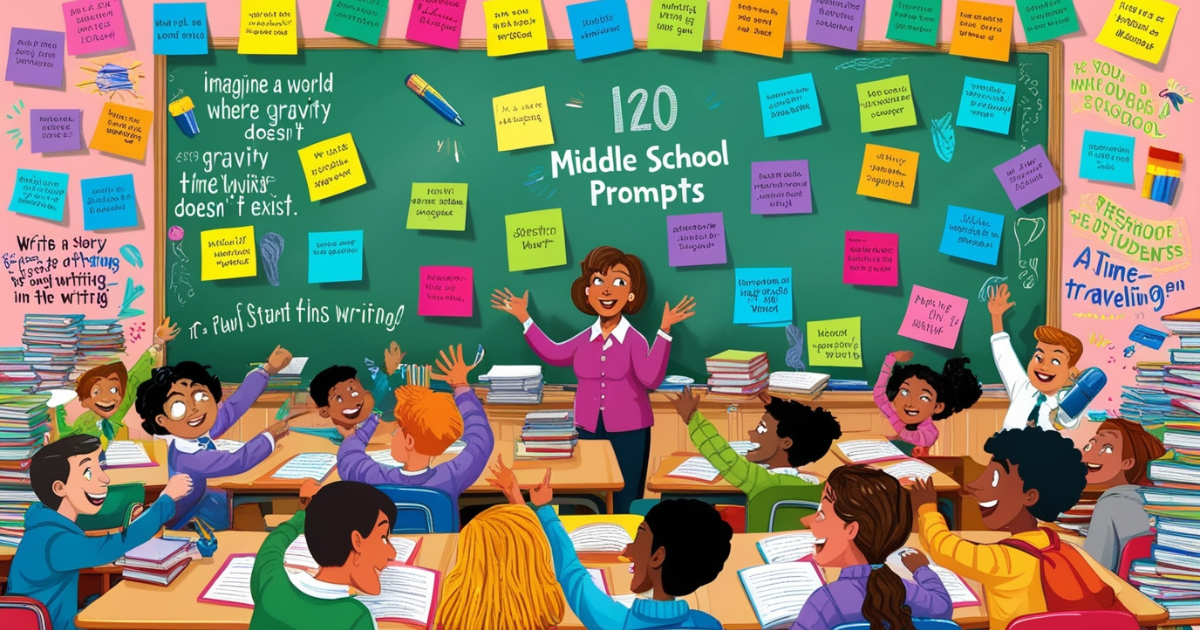25 Adjectives to Describe a Person Unlock the Art of Expression
Adjectives to describe a person are essential tools for effective communication. They help you paint a vivid picture, create memorable impressions, and convey emotions.
Whether you’re writing a story, complimenting someone, or crafting a resume, the right adjectives can make all the difference.
This article will cover a comprehensive list of 25 adjectives that you can use to describe people, along with tips on how to use them effectively. By the end, you’ll feel confident about enriching your vocabulary and enhancing your descriptive skills.
The Role of Adjectives in Language
Adjectives are the color palette of language. They modify nouns, giving your sentences texture, depth, and clarity. When describing people, adjectives can convey:
- Personality traits: Are they kind, ambitious, or moody?
- Physical appearance: Are they tall, elegant, or rugged?
- Emotional states: Are they jubilant, serene, or anxious?
Using the right adjectives allows you to communicate your ideas with precision and creativity, leaving a lasting impression on your audience.
The Power of Adjectives
Adjectives do more than describe; they breathe life into your words. They help create depth and detail, making your descriptions more engaging. Imagine you’re describing a friend:

- Without adjectives: He is a person.
- With adjectives: He is a loyal, intelligent, and supportive person.
The second sentence paints a clearer picture, doesn’t it? That’s the power of adjectives.
Benefits of Expanding Your Adjective Vocabulary
Before diving into the list of adjectives, let’s highlight why having a rich vocabulary is essential:
- Enhances Communication: Clearer and more engaging conversations.
- Improves Writing: More vivid and memorable descriptions.
- Boosts Confidence: Choosing the right words becomes second nature.
By learning and practicing adjectives, you’ll find yourself expressing ideas with ease and flair.
Categories of Adjectives to Describe People
Let’s explore 25 adjectives divided into useful categories like personality, appearance, behavior, and emotional states. Each section includes examples and usage tips.
Positive Personality Adjectives
These adjectives highlight admirable qualities that make someone stand out.
| Adjective | Meaning | Example Sentence |
|---|---|---|
| Ambitious | Driven to achieve success | She is ambitious and always sets high goals. |
| Charismatic | Inspires others through charm | His charismatic nature made him a great leader. |
| Generous | Willing to give or share freely | Her generous spirit touched everyone around her. |
More Examples:
- Optimistic
- Compassionate
- Reliable
- Diligent
- Friendly
Negative Personality Adjectives
Sometimes, you need to describe flaws or less favorable traits.
| Adjective | Meaning | Example Sentence |
|---|---|---|
| Arrogant | Overly proud or self-important | His arrogant attitude alienated his peers. |
| Pessimistic | Always expecting the worst | Her pessimistic outlook dampened the group’s mood. |
| Selfish | Focused on personal needs only | He’s too selfish to consider other people’s needs. |
More Examples:
- Impatient
- Stubborn
- Manipulative
- Cynical
- Moody
Adjectives for Appearance
Adjectives for physical traits help paint a clearer picture of someone’s looks.
Positive Appearance
| Adjective | Meaning | Example Sentence |
|---|---|---|
| Elegant | Graceful and stylish | Her elegant dress turned heads at the party. |
| Radiant | Glowing with beauty or joy | Her radiant smile lit up the room. |
| Handsome | Attractive, usually for men | He is a handsome man with striking features. |
General Looks
| Adjective | Meaning | Example Sentence |
|---|---|---|
| Petite | Small and delicate | She has a petite frame and a gentle demeanor. |
| Rugged | Strong and rough-looking | His rugged appearance gave him a mysterious aura. |
| Plain | Simple or unremarkable | Her plain outfit did not attract much attention. |
Emotional States
Positive Emotions
| Adjective | Meaning | Example Sentence |
|---|---|---|
| Jubilant | Extremely joyful | He felt jubilant after winning the award. |
| Serene | Calm and peaceful | Her serene presence put everyone at ease. |
Negative Emotions
| Adjective | Meaning | Example Sentence |
|---|---|---|
| Anxious | Nervous or worried | She felt anxious before the big interview. |
| Melancholy | Deeply sad or reflective | His melancholy expression told a story of loss. |
Behavior Adjectives
Adventurous
| Adjective | Meaning | Example Sentence |
|---|---|---|
| Bold | Fearless and confident | Her bold decisions often led to great success. |
| Daring | Willing to take risks | He has a daring nature that craves challenges. |
Reserved
| Adjective | Meaning | Example Sentence |
|---|---|---|
| Introverted | Prefers solitude | As an introverted person, she enjoys quiet evenings. |
| Timid | Shy or lacking confidence | He was too timid to speak up during the meeting. |
Adjectives for Intelligence
Positive Intelligence
| Adjective | Meaning | Example Sentence |
|---|---|---|
| Bright | Intelligent and quick-witted | She is a bright student with a curious mind. |
| Innovative | Creative and original | His innovative ideas revolutionized the industry. |
Negative Intelligence
| Adjective | Meaning | Example Sentence |
|---|---|---|
| Gullible | Easily deceived | He is gullible and believes everything he hears. |
| Ignorant | Lacking knowledge or awareness | His ignorant remarks offended the audience. |
Tips for Using Adjectives
Adjectives are powerful, but their misuse can lead to confusion. Here are some tips to use them effectively:
- Be Specific: Instead of saying “nice,” use “kind-hearted” or “thoughtful” to convey a clearer meaning.
- Avoid Redundancy: Don’t pair adjectives with similar meanings unnecessarily (e.g., “cold and chilly”).
- Consider Context: Choose adjectives that match the tone and purpose of your writing.
Common Mistakes to Avoid
- Overusing Adjectives: A sentence overloaded with adjectives can feel cluttered.
- Contradictory Pairings: Avoid phrases like “happy sadness” unless intentional.
- Ignoring Connotation: Some words, like “cheap,” may carry negative associations even when describing something good.
Practice Makes Perfect
To enhance your vocabulary, try these activities:
- Flashcards: Create flashcards with new adjectives and their meanings. Apps like Quizlet can be helpful.
- Daily Practice: Challenge yourself to use at least one new adjective in your conversations or writing every day.
- Read Widely: Reading books, articles, and stories exposes you to a variety of adjectives in context.
Conclusion
Adjectives are essential for bringing descriptions to life. From describing someone’s personality to capturing their appearance or emotions, the right words can transform your writing and communication. By expanding your vocabulary and practicing regularly, you’ll gain the skills to describe people vividly and effectively.
Start incorporating these 25 adjectives into your everyday language, and watch how they elevate your ability to express yourself.
FAQ
Why are adjectives important in describing people?
Adjectives add depth and detail, making descriptions more engaging and relatable.
How can I improve my vocabulary of adjectives?
Practice regularly, use flashcards, and expose yourself to diverse reading materials.
What are some examples of positive personality adjectives?
Examples include kind, charismatic, diligent, and generous.
Can adjectives have both positive and negative meanings?
Yes, context often determines whether an adjective has a positive or negative connotation. For example, “bold” can mean confident (positive) or reckless (negative).







